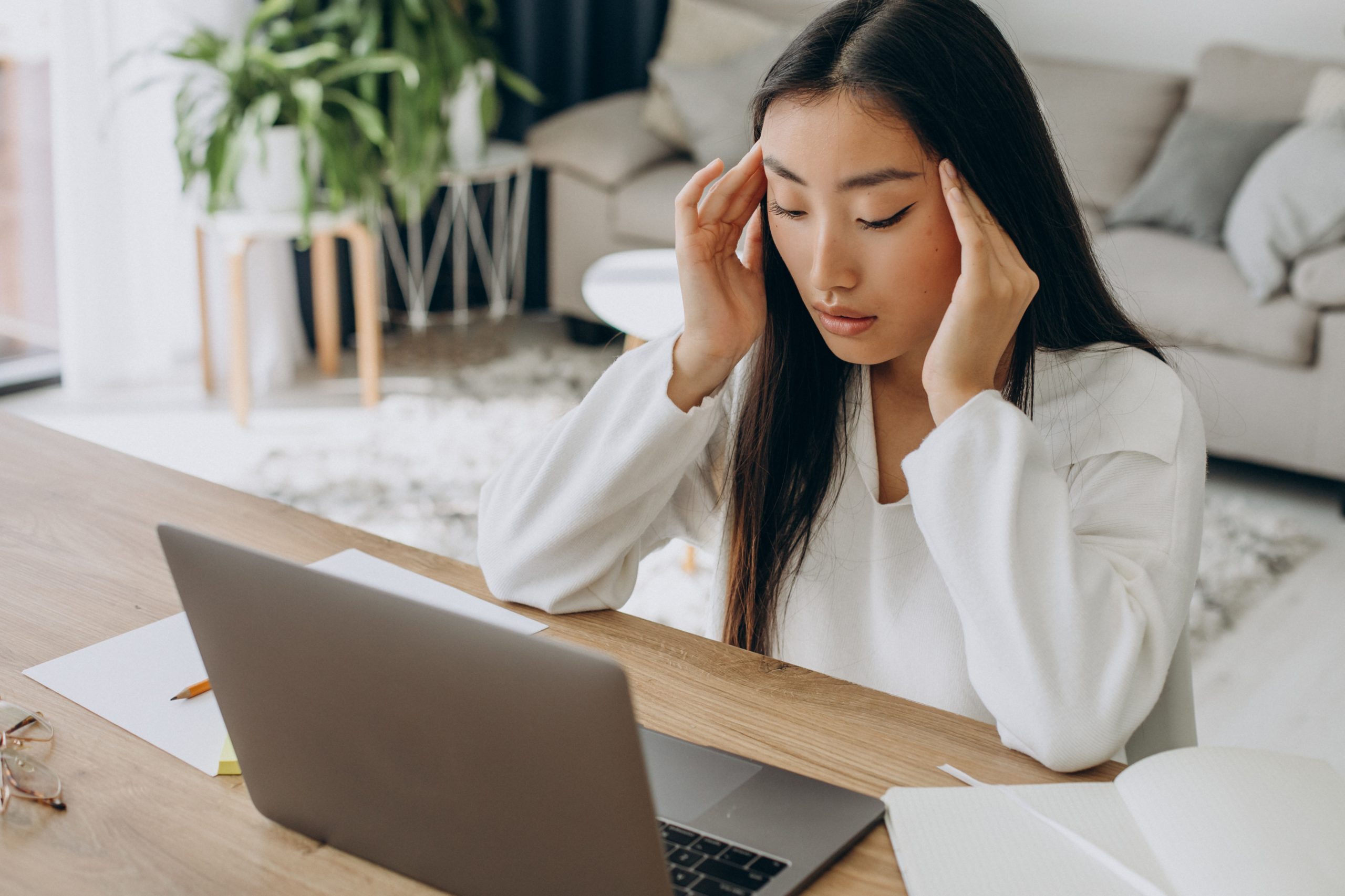Sleep Better
|
Sleep is a necessary restorative process for all aspect of our body functions. It allows our body to regenerate and recover, rebuild immunity and actively produce hormones. Sleep is divided into REM (Rapid Eye Movement) and non-REM sleep. REM sleep occurs several times during the night and is associated with dreaming. It accounts for about 25% of normal sleep, coming in longer periods towards the morning. The rest of our sleep time is Non-REM, which consists of 4 stages from light sleep (stage 1) to deep sleep (stage 4). Insomnia is a sleep disorder characterized by difficulty falling and/or staying asleep and waking up often during the night. The physiological result of insomnia is a feeling of being constantly tired, low energy during the day, poor concentration, irritability, mood disturbance and not feeling refreshed |
|
when you wake up. Melatonin is a hormone released in your brain that significantly contributes to regulating your sleeping cycle. This hormone also plays an important role in healing and gives anti-oxidant protection. Melatonin affects the sex hormone as well – too little may cause erectile dysfunction. If Melatonin isn’t being well produced in the body over a long period of time it can lead to insomnia Insomnia has become a common condition for many people. Previously seen mainly in the elderly. It is now experienced by much younger people, possibly because of travelling, shift work, stress, hormonal disturbances (menopause, thyroid), overuse of medications and overuse of stimulants such as mobile phones, caffeine, alcohol and tobacco. |
Sleep Management
• Aim to go to sleep at the same time each night and get up at the same time each morning. This is one of the most basic and fundamental things you can do to increase your chances of sleeping well.
- Avoid caffeine, nicotine, and alcohol late in the day. Whilst alcohol does make some people sleep at the beginning of the night, it is often the cause of waking many times during the night.
- Get regular exercise, at least 30–60 minutes per day but not during the last 3-4 hours of the day. Walking and being in nature is just as effective as heavy exercise in the gym.
- Don’t eat a heavy meal late in the day. This will put stress on your digestion and on your ability to sleep.
- Avoid using electronic device and watching TV for at least 60 mins before sleeping. Blue light disturbs the pineal gland and circadian rhythm and the activity of surfing the web or looking at messages stimulates the brain so that falling asleep will be difficult.
- Keep your bedroom cool – if the body is a few degrees cooler you will sleep better.
- Get up in the morning for fresh air and sunshine, this resets your biological clock and the
- Practice Meditation to calm the mind and relax the body, Any meditation with progressive muscle relaxation will work wonders.
Food for Better Sleep
– Vitamin B found in brewer’s yeast and green leafy vegetables will support the nervous system and beat off stress
– Tryptophan foods such as turkey, chicken or tuna , nuts , sprouted grains and eggs help
stimulate serotonin production which helps with relaxation
– Magnesium rich foods such as green leafy vegetables, sesame and sunflower seeds will help with relaxation and prevent muscle cramps.
– Boost melatonin by eating cherries, almonds, raspberries, oranges, bell peppers and
walnuts
Natural sleep supplements
If eating the above list is difficult for you at times (such as during travel) then supplement with:
|
– Melatonin : this helps with jet lag and for people doing shift work – 5-HTP : (5-hydroxytryptophan) increases serotonin production which helps with sleep, depression and anxiety. |
|
– GABA : helps regulation of anxiety, and supports relaxation – Magnesium: for relaxation |



